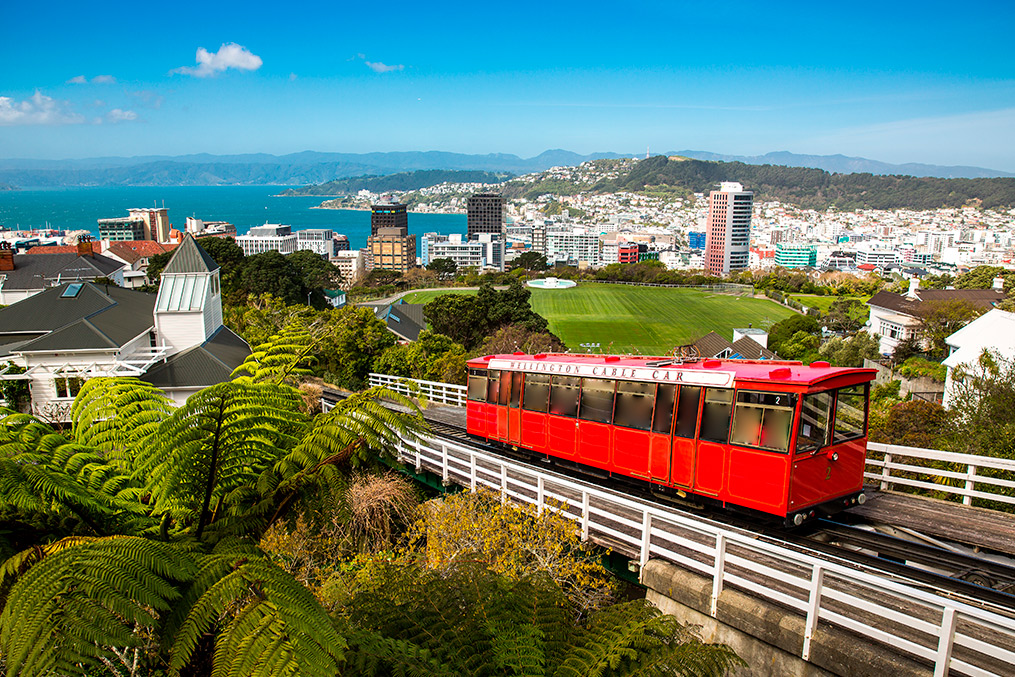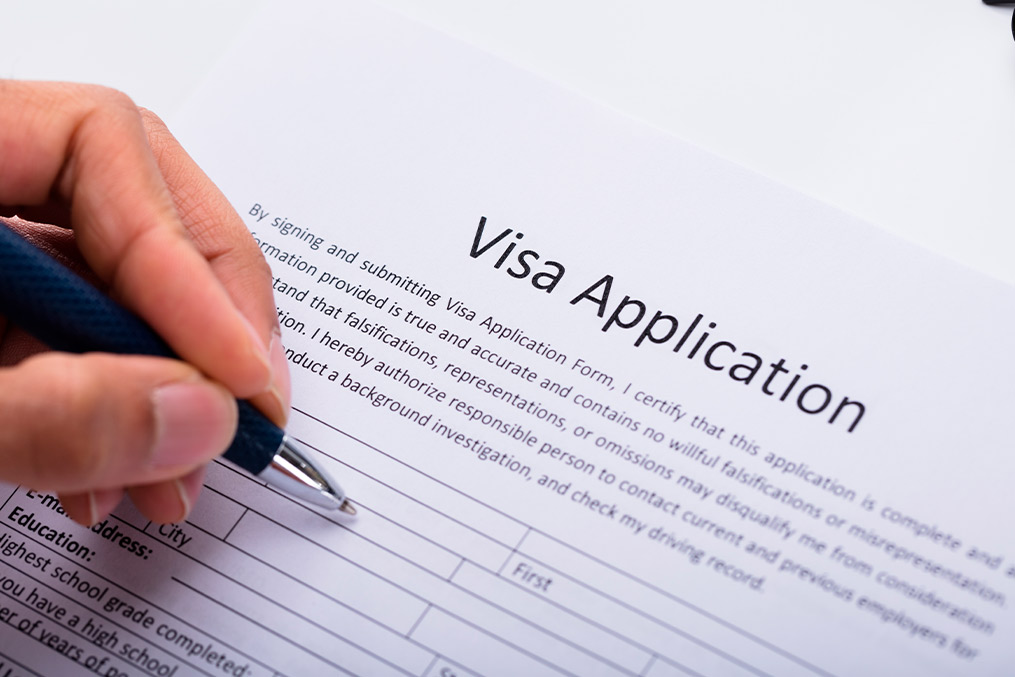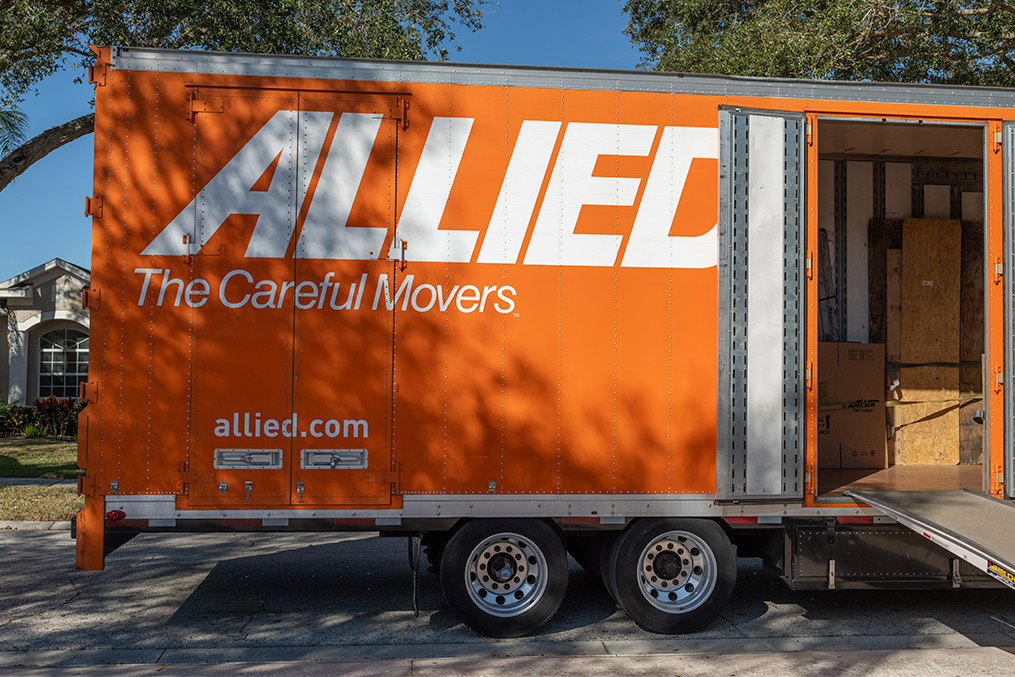Moving from California to New Zealand: The Ultimate Relocation Guide
Jul 11, 2025

Trading California’s hustle for New Zealand’s tranquility? You’re not alone. As the cost of living rises in major U.S. states like California, many Americans are drawn to the slower pace, scenic beauty, and tight-knit communities of New Zealand. It’s a move that offers a profound lifestyle shift: four weeks of paid annual leave, cleaner air, lower crime rates, and a more community-driven ethos. While California dominates in tech and entertainment, New Zealand excels in work-life balance, environmental stewardship, and wellness.
Before you pack your bags, it helps to understand just how different life in New Zealand is, from geography and infrastructure to cultural values and everyday routines. Whether you’re comparing the sheer size of the country, planning for a 13-hour flight, or preparing for differences in healthcare, housing, and education, knowing what to expect is key. Let’s begin with a look at the physical landscape to get your bearings before diving into the details of your move.
How Big Is New Zealand Compared to California?
Though smaller in landmass, it’s packed with geographical diversity, from fjords to subtropical beaches. Understanding the scale of your new home helps adjust expectations.
Landmass Comparison Table
| Location | Size (sq. miles) | Relative Size |
| California | 163,696 | 100% (baseline) |
| New Zealand | 103,483 | ~63% of California |
Despite being nearly two-thirds the size of California, New Zealand’s population is just 5 million, compared to California’s 39 million. That means more space per person, fewer traffic jams, and a stronger connection with nature.
This is one of the reasons driving Californians southward. Other motivations include escaping high taxation and living costs, seeking greater safety and political stability, and pursuing a genuine work culture “where stress is the exception and not the norm.” The migration trend continues as California faces economic challenges, while New Zealand maintains its reputation for quality of life and natural beauty.
Preparing for Your International Move from California

Relocating internationally isn’t just about booking a flight and packing boxes. It’s a multi-step process that requires foresight, documentation, and careful planning. Moving from California to New Zealand means crossing oceans, time zones, and bureaucratic hurdles, so it’s essential to give yourself plenty of time to prepare. From securing the right visa to choosing a trusted international mover, each stage of your relocation should be approached methodically to ensure a smooth and stress-free transition. Let’s start with one of the most foundational steps: understanding your visa and immigration options.
1. Visa and Immigration Requirements
New Zealand offers a range of visa options tailored to different needs and all residency permits are handled by Immigration NZ.
- Skilled Migrant Category (SMC): For professionals in high-demand fields using a point-based system.:
- Work to Residence Visa: For those with job offers from accredited employers.
- Investor Visa: For those investing NZD $3 million or more.
- Digital Nomad Pathways: Remote workers must show monthly income of NZ$2,334
Start early, as processing takes time. Required documents typically include:
- Medical clearance
- Police checks
- Financial proof
2. Budgeting for Your Move
Relocating to New Zealand from California involves more than just the cost of a plane ticket. It requires a realistic and well-structured budget. From shipping your belongings to securing a visa and covering temporary accommodation, every expense adds up quickly. Proper financial planning ensures you’re not caught off guard and helps ease the stress of international relocation. Below is a breakdown of typical costs and a comparison of living expenses to help you plan with confidence.
Cost Breakdown Table
| Expense Category | Estimated Cost (USD) | Notes |
| Household shipping | $3,500 – $10,000 | Depends on size, service, and sea vs air |
| Visa fees | $300 – $4,000 | Based on category |
| Temporary housing | $1,000 – $2,500/month | Consider short-term rentals |
| Flights | $800 – $1,500/person | Round-trip from California |
| Emergency fund | 3–6 months living expenses | Highly recommended for stability |
Cost of living savings:
- New Zealand rent (2-bed unit): ~$1,200/month
- California rent (2-bed unit): ~$2,500/month
That’s nearly 60% cheaper
3. Choosing an International Mover
Select a certified international moving company with experience in New Zealand relocations. A reliable moving company makes all the difference.
Look for movers that offer:
- Door-to-door services
- Insurance options
- Customs and documentation handling
- Experience with New Zealand shipments
Use the checklist below to help you identify reliable, experienced movers and avoid costly pitfalls.
Checklist for Choosing Movers:
- Verified licensing and insurance
- Transparent pricing
- Real customer reviews
- Avoid brokers disguised as movers
4. Organizing Documents and Belongings

Before you ship a single box or board a plane, it’s essential get your paperwork and personal items in order. International moves come with specific documentation requirements, and not everything you own may be practical, or even usable, in New Zealand. From voltage differences to customs regulations, thoughtful organization will save you time, stress, and money. Remember to keep digital backups in cloud storage for easy access.
This checklist can help verify that you are fully prepared.
Essential Documents Checklist:
- Valid Passport (3+ months beyond stay)
- Apostilled birth/marriage certificates
- Vaccination and medical records
- Academic and employment history
- Tax returns (3+ years)
- International Driving Permit
- Pet microchip & vaccination records (if applicable)
Settling in New Zealand: What to Expect
Once your relocation is underway, understanding what awaits you in New Zealand will help smooth your transition. From housing options to healthcare access, here’s what Californians should expect when settling in their new home.
1. Finding Your Ideal Location
Housing in New Zealand varies significantly between urban and rural areas. Cities like Auckland and Wellington offer more employment opportunities but come with higher housing costs. In contrast, smaller towns provide more affordable living with a stronger community feel. Unlike California’s sprawling suburbs, New Zealand housing tends to be more compact, with fewer high-density developments outside of Auckland. Keep in mind that some homes may lack central heating or double glazing, important considerations for those used to California’s consistent climate control.
Whether you’re drawn to the energy of Auckland or the quiet of Queenstown, here’s a quick comparison:
City Comparison Table
| City | Highlights | Avg Rent (2-bed unit) |
| Auckland | Jobs, culture, largest population | $1,500/month |
| Wellington | Capital, artsy, government hub | $1,400/month |
| Christchurch | Rebuilding, community feel | $1,200/month |
| Tauranga | Coastal living, retirees | $1,100/month |
2. Navigating Essential Systems
Adjusting to life in a new country means understanding how everyday systems operate, especially when they differ significantly from what you’re used to in California. From accessing healthcare and enrolling in public education to figuring out transportation in both urban and rural areas, knowing how these essentials work will help you settle in with confidence. Here’s what to expect in New Zealand.
- Healthcare: Publicly funded with minimal out-of-pocket costs. Injury care is covered by ACC regardless of who’s at fault.
- Education: Public schooling is free for residents, with high-quality curricula and international recognition.
- Transport: Outside of cities, cars are essential. Consider buying or leasing a vehicle after arrival.
3. Embracing Cultural Differences
New Zealand’s cultural landscape blends European influences with rich Māori traditions. Learning about Māori culture, including concepts like manaakitanga (hospitality and kindness), will enrich your experience. Kiwis generally value work-life balance more than Californians might be accustomed to, with legally mandated four weeks of annual leave plus public holidays.
Language differences can be surprising despite both countries speaking English. Prepare for new vocabulary: “jandals” (flip-flops), “togs” (swimsuits), and asking for the “chilly bin” (cooler) at a beach barbecue might earn confused looks from locals if you use California terminology.
Key Cultural Concepts:
- Manaakitanga: Hospitality and mutual respect
- Whānau: Extended family/community
- Kaitiakitanga: Guardianship of the land
Learn local customs through community centers or libraries. New Zealand culture prizes humility, sustainability, and inclusion.
4. Building Your Community
New Zealanders are generally friendly but might initially seem reserved compared to outgoing Californians. Patience in building relationships pays off with genuine, lasting connections..
How to connect:
- Join local sports clubs, tramping (hiking) groups, or book circles
- Volunteer for local events or festivals
- Connect through expat forums:
- Americans in New Zealand (Facebook)
- InterNations
- Kea New Zealand
Did you know? NZ businesses support over 3,600 jobs in California, a testament to the strong bilateral relationship.
How Long Is the Flight to New Zealand from California?
Relocating across the Pacific means preparing for one of the longest international flights you’ll likely take. Whether you’re departing from Los Angeles, San Francisco, or San Diego, travel times can vary depending on your route and time of year. Knowing what to expect can help you plan your trip more efficiently and arrive in New Zealand ready to start your new chapter.
If you’re flying from Los Angeles, you can expect the following:
Flight Duration Table
| Route | Average Duration | Notes |
| LAX to Auckland | 12-13 hours | Direct flights available daily |
| SFO to Auckland | 13 hours | Seasonal variations may apply |
| San Diego to Auckland | 16+ hours (1 stop) | Typically via LAX or SFO |
Practical Tips and Resources for a Smooth Relocation

- Work with experienced movers like Atlas Allied for packing, tracking, and customs assistance
- Understand taxes: The U.S.-NZ tax treaty helps avoid double taxation, but you’ll still need to file U.S. taxes.
- Open a local bank account: ANZ, BNZ, and Westpac offer newcomer packages. Setup often requires a passport, visa, and address confirmation.
Begin Your Journey with Confidence
Relocating from California to New Zealand is an exciting opportunity to rediscover quality of life. From work-life balance to natural beauty, New Zealand offers a fresh start for those seeking more meaning, less stress, and a tighter sense of community.
Let experienced professionals like Atlas Allied Transfer & Storage Co. take the stress out of your move. Whether you’re shipping a few suitcases or a full household, their expertise ensures every detail is handled with care. Get a free quote today and start your South Pacific adventure with peace of mind.
FAQs: Moving from California to New Zealand
1. Can I bring my pet to New Zealand?
Yes, but the process is strict and requires preparation. Cats and dogs from the U.S. can enter New Zealand with an import permit, microchip, and up-to-date vaccinations, including rabies. Pets must also undergo a 10-day quarantine upon arrival in an MPI-approved facility [Source: NZ Ministry for Primary Industries].
2. Do I need to change my U.S. driver’s license?
You can drive in New Zealand with a valid California license for up to 12 months. After that, you’ll need to convert to a New Zealand license. This usually involves a written test and, depending on your age and driving record, possibly a practical test.
3. Can I access my U.S. retirement funds while living in New Zealand?
Yes, but it depends on your retirement plan. Some U.S. pension and 401(k) accounts can be accessed from abroad, though early withdrawal penalties and international tax considerations may apply. Consulting a cross-border financial advisor is strongly recommended.
4. Is tipping expected in New Zealand?
No. Tipping is not a common practice in New Zealand. Service industry workers are paid a living wage, and excellent service is expected without the addition of a gratuity. You’re welcome to tip for exceptional service, but it’s entirely optional.
5. What’s the internet speed like in New Zealand?
Urban areas generally offer reliable broadband, with fiber internet available in most cities. However, rural areas may still rely on slower DSL or satellite connections. If you work remotely, check the broadband coverage map before choosing where to live.
6. Are there any items I can’t bring into New Zealand?
Yes, New Zealand has strict biosecurity laws. Items such as fresh food, seeds, untreated wood, and some animal products are prohibited or require special permits. Failing to declare such items can lead to fines or confiscation.
7. Do I need private health insurance in New Zealand?
While the public healthcare system is comprehensive and subsidized, some residents choose private insurance to reduce wait times or access private hospitals. As a visa holder, you may be eligible for public healthcare depending on your visa type and length of stay.
8. Can I bring my U.S. car to New Zealand?
Yes, but it’s usually not practical. Importing a vehicle involves complex compliance checks, significant costs, and conversion requirements to meet New Zealand’s right-hand drive standards. Most expats choose to sell their car and buy locally upon arrival.
9. Will my U.S. credit history transfer to New Zealand?
No. New Zealand has its own credit reporting system, and your U.S. credit history will not carry over. You’ll need to build a new credit profile from scratch by opening local bank accounts and applying for NZ-based credit products.
10. What’s the process for enrolling children in New Zealand schools?
Children of residents and many visa holders are entitled to free public education. Enrollment is typically done directly with the school in your zone. Schools may request previous academic records, immunization records, and proof of address.